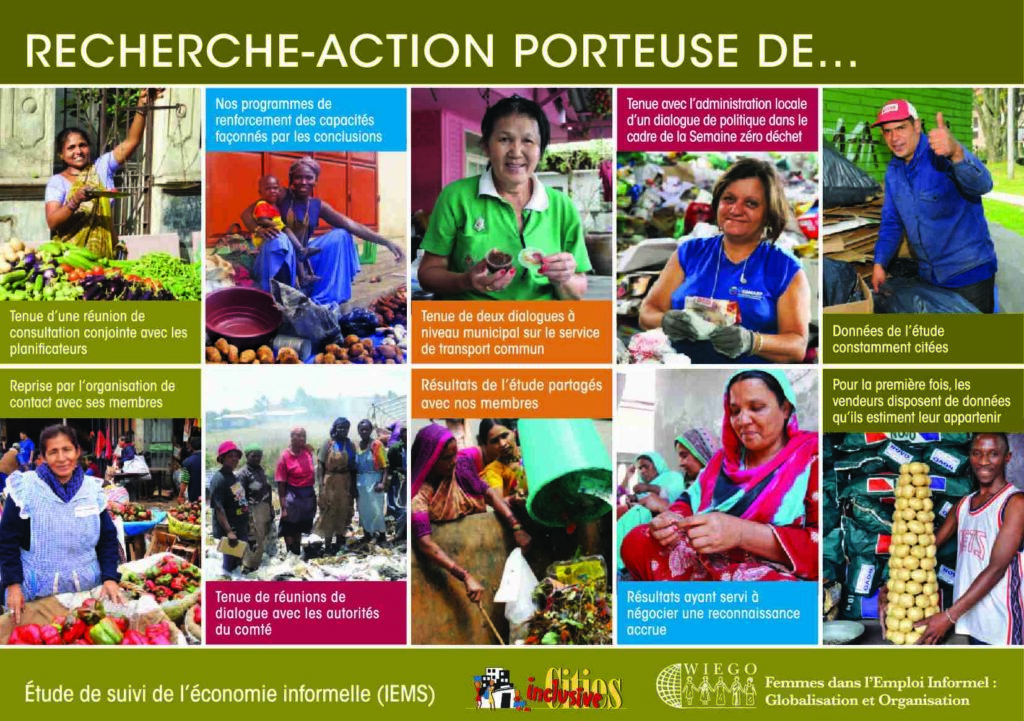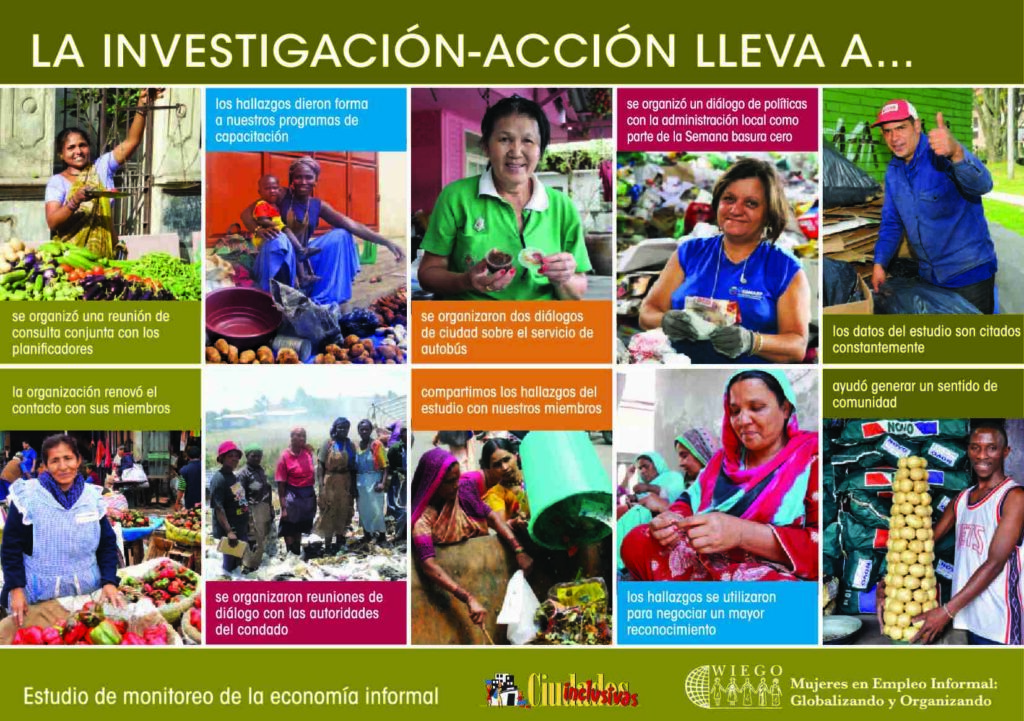All posts in Brazil
-
Audiovisual Materials
VIDEO: Victor Carvajal from Argentina
In Spanish with English subtitles
Read More -
Advocacy Materials
Saúde e Segurança Ocupacionais e Trabalho Doméstico
Read More -
 Fact Sheets/Infographics
Fact Sheets/Infographics
IEMS: Recherche-Action Porteuse et Résultats Concrets
Read More -
Audiovisual Materials
VIDEO: Claudia from Recicla Ourinhos (São Paulo), Gender and Waste
Claudia from Recicla Ourinhos (São Paulo) cooperative talks about her participation at the workshop on women waste pickers, some of the topics...
Read More -
Audiovisual Materials
VIDEO: Samuel Le Coeur from AMELIOR Association in France
From 28-30 November 2016, informal recyclers from Brazil hosted the international event, Expocatadores, in which they invited Latin American...
Read More -
Advocacy Materials
Salud y Seguridad Ocupacional y Trabajo del Hogar
Este informe contiene los resultados de un proyecto de investigación de cuatro años sobre la salud y seguridad ocupacional (SSO) y los trabajadores...
Read More -
 Fact Sheets/Infographics
Fact Sheets/Infographics
IEMS: La Investigación-Acción Lleva y Resultados Concretos
Read More -
Audiovisual Materials
Valdete Roza from Atlimarjom, Gender and Waste
Valdete Roza from Associação dos Trabalhadores na Limpeza e Material Reciclável de João Monlevade (Atlimarjom) in Minas Gerais shares her...
Read More -
 Audiovisual Materials
Audiovisual Materials
VIDEO: The Warrior Within: Empowering Women Waste Pickers
The Gender and Waste Project has been an ongoing-platform for women waste pickers to voice their opinions and perspectives on gender inequalities,...
Read More -
Advocacy Materials
Afya na Usalama Katika Maeneo ya Kazi na Kazi za Nyumbani
(Swahili)
Read More